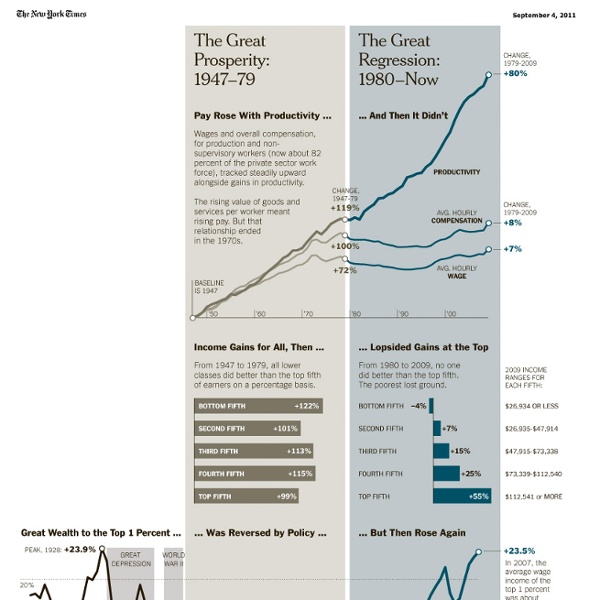



Textbook Economics: If all the countries in the world are in debt, where did all the money go?, Political News by Terence White, Politics On Toast The answer is simple. To master this concept however, we must look at human nature’s gift of rationality. We must remember that consumers are more cautious around high prices, whether prices have risen because of taxes, inflation or even interest rates when taking out loans. This is because consumers both a) want more for less, and b) don’t like getting ripped off. Friedrich Augustus Hayek identified a fundamental point with interest rates. The next place to look would be at less industrialised nations, economies requesting bailouts, and Less Economically Developed Countries (LEDC’s). This part of the answer is similar to a spoilt child who gets his five pounds weekly pocket money without fail. The incentives for the UK, France, Germany and so on to bail out the nations mentioned earlier are understandable. However, when these nations get bailed out, they too get incentives. Another area of study in this arena is the Third World. The solution for both of these scenarios is this.
The Second Gilded Age: Has America Become an Oligarchy? - SPIEGEL ONLINE - News - International At first, the outraged members of the Occupy Wall Street movement in New York were mainly met with ridicule. They didn't seem to stand a chance and were judged incapable of going up against their adversaries, Wall Street's bankers and financial managers, either intellectually or in terms of economic knowledge. "We are the 99 percent," is the continuing chant of the protestors, who are now in their seventh week of marching through the streets of Manhattan. And, surprisingly, they have hit upon the crux of America's problems with precisely this sentence. Inequality in America is greater than it has been in almost a century. Those who succeed in the US are congratulated rather than berated. Still, statistics indicate that the growing disparity is genuinely overwhelming. Nearly two-thirds of net private assets are concentrated in the hands of 5 percent of Americans. A New 'Gilded Age' A Threat to the World Economy
Online Business Degrees and Online MBA Degree Programs From accounting to sales, finance to management, business graduates understand what makes companies tick—and how to make them better. Many professionals pursue online business degrees and MBA degree programs while working. These degrees give them leverage to increase their earnings—or break into new fields. Salesperson Advertising executive Company president/CEO Business analyst Consultant What is Business or an MBA? MBA stands for a Master’s Degree in Business Administration. The focus of a degree in this field is to receive a well rounded education in a variety of business categories, such as marketing, accounting, human resources, finance, management, and operations. Whether you are interested in starting your own business or working on Wall Street, a business degree provides you a strong foundation to start. How can you get started? Our programs listed below, are online degrees to fit into your schedule. Explore our options below, or select particular subcategories within business.
the capitalist network that runs the world - physics-math - 19 October 2011 - Summify AS PROTESTS against financial power sweep the world this week, science may have confirmed the protesters' worst fears. An analysis of the relationships between 43,000 transnational corporations has identified a relatively small group of companies, mainly banks, with disproportionate power over the global economy. The study's assumptions have attracted some criticism, but complex systems analysts contacted by New Scientist say it is a unique effort to untangle control in the global economy. Pushing the analysis further, they say, could help to identify ways of making global capitalism more stable. The idea that a few bankers control a large chunk of the global economy might not seem like news to New York's Occupy Wall Street movement and protesters elsewhere (see photo). But the study, by a trio of complex systems theorists at the Swiss Federal Institute of Technology in Zurich, is the first to go beyond ideology to empirically identify such a network of power. The Zurich team can. 1.
Economy of Greece A developed country, the economy of Greece mainly revolves around the service sector (80.6%) and industry (16%), while agriculture made up an estimated 3.4% of the national economic output in 2012.[4] Important Greek industries include tourism and shipping. The Greek Merchant Navy is the largest in the world, with Greek-owned vessels accounting for 15.17% of global deadweight tonnage as of 1 January 2013.[31] With 15.5 million international tourist arrivals in 2012, Greece was the seventh most visited country in the European Union and sixteenth in the world.[32] The country is also a significant agricultural producer within the EU. Greece is classified as an advanced,[38] high-income economy,[39] and was a founding member of the Organisation for Economic Co-operation and Development (OECD) and the Organization of the Black Sea Economic Cooperation (BSEC). History[edit] Strengths and weaknesses[edit] GDP growth rates of the Greek economy between 1961 and 2010. Eurozone entry[edit]
RFE Business Economics | Introduction to Basic Economics My Education Blog Καλώς ήρθατε στην Ε.Ο.Ε.Δ.Ε.